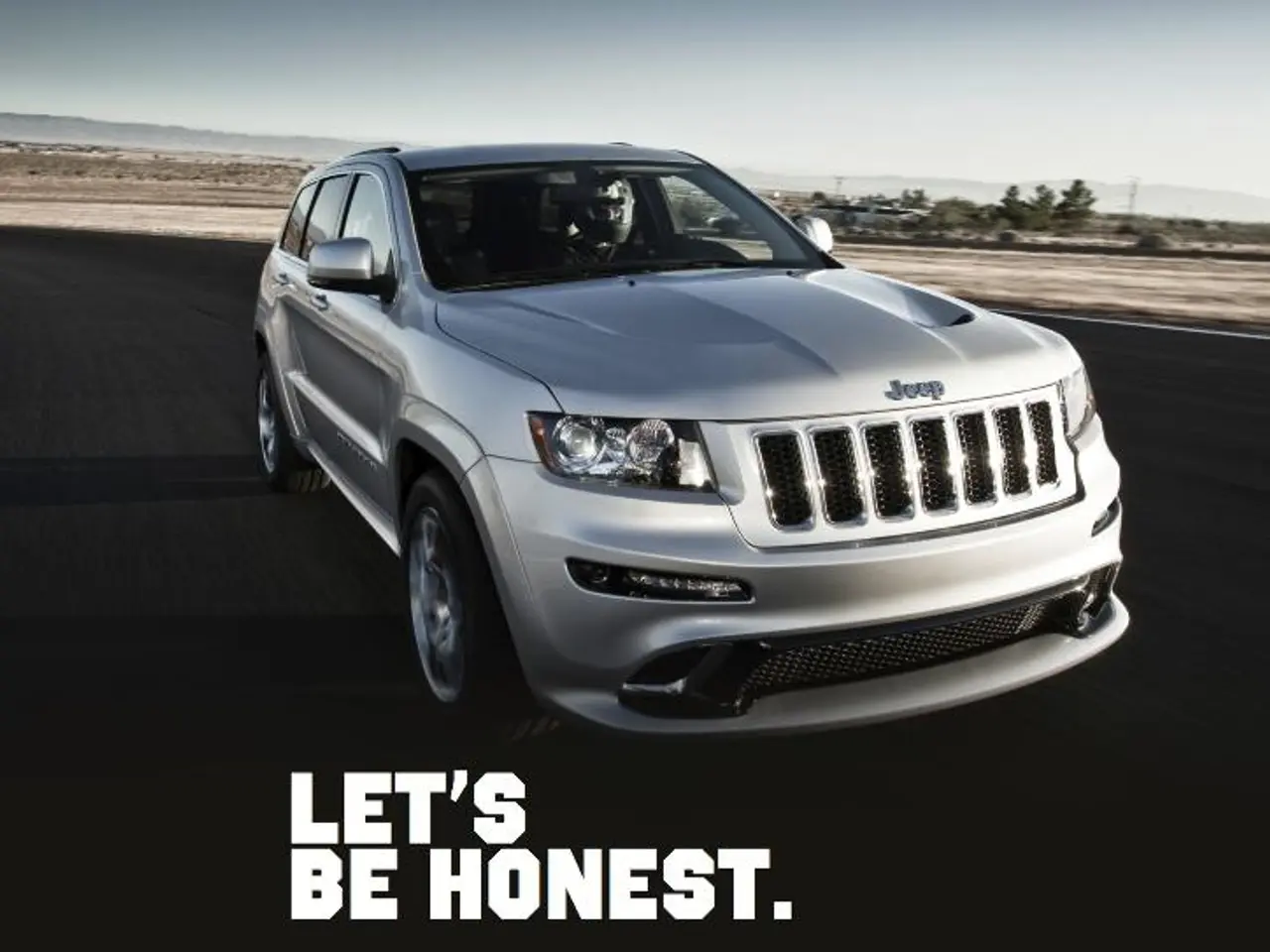primaryapprehensions of luxury German automakers
German Premium Car Manufacturers Face Multifaceted Challenges
German premium car brands, including Mercedes-Benz, Porsche, Audi, and BMW, are grappling with a range of challenges that are impacting their profitability and sales, particularly in crucial markets like China and the U.S.
The high prices of German EVs and inadequate digital features are hurting sales and brand appeal in China, where local brands dominate. This is a significant concern as China is a key market for these manufacturers.
Geopolitical and trade barriers are also causing problems. The U.S. has imposed additional tariffs on EU-made vehicles and parts, leading to a major export drop and billions in additional costs for German automakers. These tariffs are estimated to have cost Audi around 600 million euros.
The financial impact of these challenges is evident. Mercedes-Benz reported a 56% drop in net profit for the first half of 2025, while the group result for Porsche fell by more than half. Audi's profit fell by 37.5 percent to 1.3 billion euros in the first half of the year.
To combat these profitability issues, manufacturers have launched cost-cutting programs. However, these can initially raise costs due to severance payouts and restructuring expenses.
Mercedes-Benz, for example, is focusing on improving cost efficiency and adapting production footprints globally to the new geopolitical landscape with its “Next Level Performance” initiative. BMW, on the other hand, has adopted a flexible platform strategy serving conventional, hybrid, and electric vehicles simultaneously, enabling efficiency and risk reduction.
In response to the challenging market conditions, automakers have lowered 2025 profit and margin forecasts to reflect tariff and market challenges, signaling a more cautious financial outlook. They are also attempting to better tailor EV offerings to market demands, though overcoming perceptions of high cost and insufficient digital integration remains a challenge.
Expert Bratzel suggests that the premium manufacturers would first have to be satisfied with lower profit margins. Dudenhöffer, meanwhile, expects that the new models could brake the downward trend in China.
As the situation evolves, it will be interesting to see how these manufacturers adapt and respond to the challenges they are facing. BMW will publish its latest figures on Thursday, while Mercedes CEO Ola Källenius spoke of solid financial results for the second quarter, but the group surplus from April to June fell by around 69 percent. Porsche also plans to cut jobs in the Stuttgart region, and another cost-cutting program is to be negotiated in the coming months.
Sources:
[1] https://www.reuters.com/business/autos-transportation/germans-premium-carmakers-face-multifaceted-crisis-2021-08-06/ [2] https://www.autonews.com/international-news/german-automakers-face-profit-plunge-amid-tariff-woes [3] https://www.wsj.com/articles/german-auto-makers-face-profit-plunge-amid-tariff-woes-11628515800 [4] https://www.bloomberg.com/news/articles/2021-08-06/bmw-s-flexible-strategy-gives-it-an-edge-over-mercedes-and-audi [5] https://www.reuters.com/business/autos-transportation/germans-premium-carmakers-face-multifaceted-crisis-2021-08-06/
- The challenges faced by German premium car manufacturers have extended to other industries, notably finance, as the high prices and falling profits have affected their investment appeals.
- To remain competitive in the evolving technology sector, these car manufacturers need to better integrate digital features and focus on developing more cost-effective electric vehicles, which could help them regain market share.




